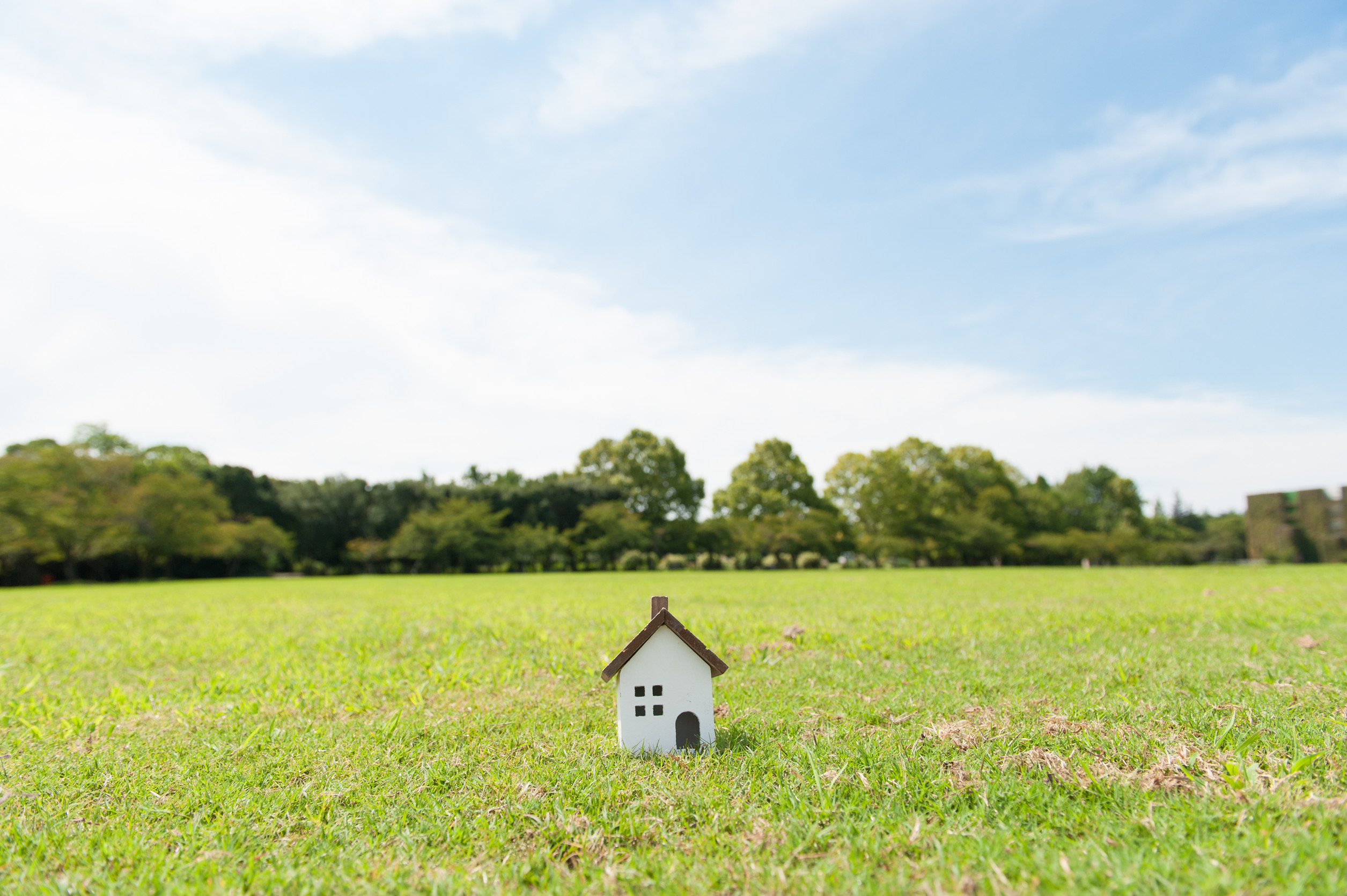Downsizing your home is often sold as the ultimate life upgrade. Less space, fewer chores, lower bills—what’s not to love, right? For many, the promise of simplicity and financial freedom is just too tempting to ignore.
But before you put that “For Sale” sign in the yard and start eyeing minimalist furniture sets, it’s worth taking a deeper look. Because the truth is, moving to a smaller home can bring challenges you didn’t bargain for—and in some cases, it might just be a huge mistake.
The Emotional Cost of Letting Go
Downsizing isn’t just about square footage—it’s about parting with memories. Every room in your home tells a story, from birthday parties in the living room to quiet mornings on the back porch. When you move into a smaller space, you’re forced to let go of more than just furniture; you’re letting go of your history.
That emotional weight doesn’t always hit until after the move, when the echo of absence starts to fill the silence. And once it does, no amount of organization or new paint can make the new place feel like home.
The Illusion of Simplicity
On paper, a smaller home sounds like freedom. Less to clean, less to maintain, and less to worry about—what could be simpler? But reality doesn’t always follow the script.
Downsizing often means figuring out how to make everything fit, and that logistical juggling act can be exhausting. Instead of simplifying your life, you might just find yourself knee-deep in storage solutions and late-night Tetris sessions with your belongings.
Hidden Financial Surprises
Many people assume that moving to a smaller home automatically equals savings, but it’s not always that cut and dry. Closing costs, moving expenses, new furniture, and potential HOA fees can quickly chip away at any gains. And depending on where you relocate, a smaller home might not even be cheaper in the long run.
If you’re downsizing in a more desirable neighborhood or closer to city centers, you might end up paying more per square foot than before. What looked like a smart financial move could become a long-term money pit.
Less Space, More Stress
Living in close quarters can have a bigger impact on your mental well-being than you might expect. When everyone is sharing tight spaces, small annoyances can quickly turn into big frustrations. There’s less room to decompress, fewer places to retreat, and more chances for tension to rise.
Over time, that constant closeness can wear down even the most harmonious households. If you’re someone who values personal space, downsizing might become more of a strain than a relief.
Limited Room for Life Changes
Life is rarely static, and your housing should ideally have the flexibility to grow with you. Whether it’s a new job that lets you work from home or a family member who needs to move in temporarily, a smaller home offers less room to adapt. You might find yourself boxed in—literally and figuratively—when change inevitably comes knocking.
While large homes may sometimes feel like more than you need, they also provide a cushion for life’s curveballs. Giving up that flexibility can make your life feel smaller in more ways than one.
The Storage Conundrum
It’s easy to underestimate how much stuff you really own until you try to cram it all into a smaller space. That kayak in the garage, the holiday decorations, the heirloom dining set—where does it all go? Downsizing means making tough decisions, and sometimes those decisions can lead to regret. You might end up spending more on offsite storage or constantly battling clutter. And that ever-present sense of disorganization can quietly erode your peace of mind.
Entertaining Becomes a Challenge
If you’re used to hosting holidays, birthdays, or casual weekend hangouts, a smaller home can make that nearly impossible. Guests suddenly have no place to park, no comfortable spot to sit, and no room to spread out.
The joy of gathering can quickly turn into a logistical nightmare. Over time, this can shrink your social life, leaving you feeling isolated or disconnected. What once made your house feel like a home—community and connection—may slowly fade away.
Resale Regrets
Just because a smaller home works for you today doesn’t mean it will appeal to buyers down the road. Many buyers still prioritize space, especially families or remote workers looking for designated offices.
If the market shifts or your neighborhood becomes less desirable, you may struggle to resell your downsized home. What seemed like a smart move can become a limiting one when you’re ready for your next chapter. A home should be an asset, not an obstacle.
Your Identity Might Shrink With It
It’s strange to think about, but for many people, a home is more than shelter—it’s part of who they are. It reflects your personality, your values, your journey. When you move into a smaller home, you might find yourself redefining your identity in ways you didn’t expect. You might feel less confident hosting people, less creative with your surroundings, or even less inspired day-to-day. The change can ripple through your life in quiet but powerful ways.
Ask Yourself What You’re Really Chasing
Before you downsize, take a moment to ask what you’re truly looking for. Is it peace of mind, financial freedom, or just a change of pace? Sometimes we chase the idea of “less” because we’re overwhelmed, not because it’s the right solution.
And once you’ve sold off your space, your stuff, and a piece of your past, getting it all back is much harder than it sounds. Downsizing isn’t just a move—it’s a lifestyle shift, and it’s not one-size-fits-all.
Time To Downsize?
What about you—have you considered downsizing? Or have you already made the move and discovered something unexpected, for better or worse? Share your experience or your thoughts in the comments below.
Whether you agree or disagree, your voice adds value to the conversation. Let’s talk about what home really means—and why sometimes, bigger isn’t just about space, but possibility.
Read More
Tips for Selling Your Home Without a Real Estate Agent
By Moving To These 10 Cities You May Add 10 Years To Your Life



Leave a Reply